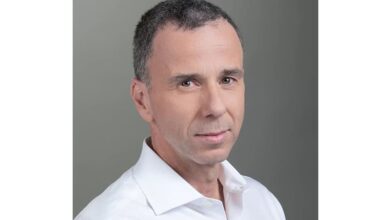Ricoh Delivers 90,000 Lost Photos From Japan’s Disaster Affected Areas
Ricoh recently announced that it hassuccessfully returned more than 90,000 photos through its “Save the Memory Project,” which it has been carrying out as part of its reconstruction support activities after the Great East Japan Earthquake and Tsunami since August 2011, with the aim of returning photos lost and damaged in the tsunami to their owners.
The project involves collecting precious photos found in the disaster-affected area and cleaning them, with the help of local government and countless volunteers, and then using MFPs to digitize and store photos in the cloud so that people can search them easily.
Searches can be carried out on computers at local government photo centers. Once someone has found a photo they lost, the original and all associated data is returned to them via the relevant local government. In total, there are over 400,000 digitized photos on file. In the four years since the earthquake and accompanying tsunami, more than 90,000 of these photos have been returned to their owners through photo centers in five locations.
The driving force behind returning photos has been the determination of people affected by the earthquake and tsunami to retrieve valuable properties, irreplaceable photos, to their owners.
Through these activities, Ricoh has built up considerable expertise in terms of using its resources, organizational capabilities, technology and facilities to make a difference in collaboration with local government. In an ideal world, there would be no need to use this expertise again in the wake of a similar disaster.
In the event that such a disaster does occur, however, Ricoh is keen to share its expertise as widely as possible in order to be of assistance. With this in mind, the procedure used to return photos, along with notes by staffs involved in the project, will be made available to the public on the website from March 9. Needless to say, Ricoh is happy if this information is used for other purposes, too, not just in the event of a disaster.





